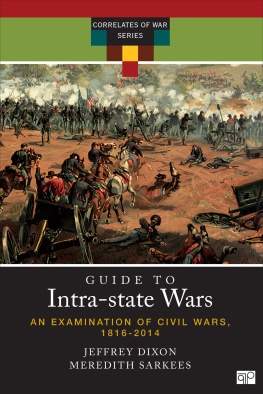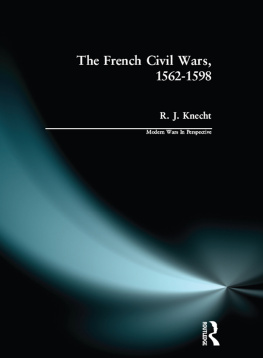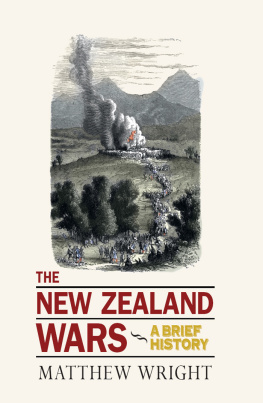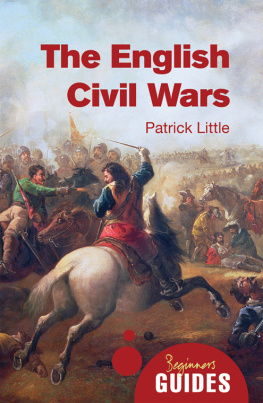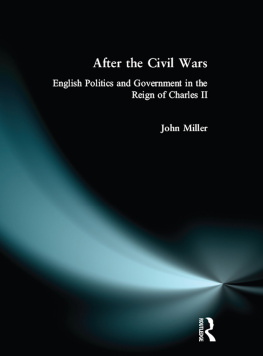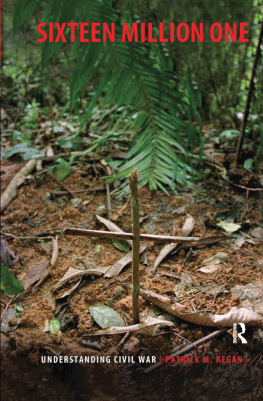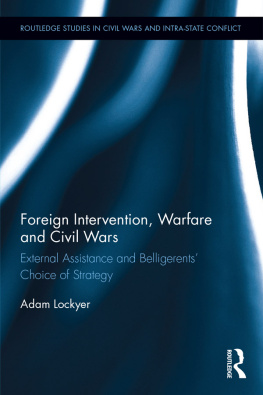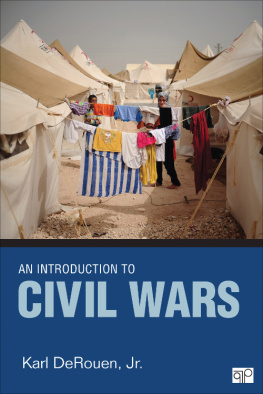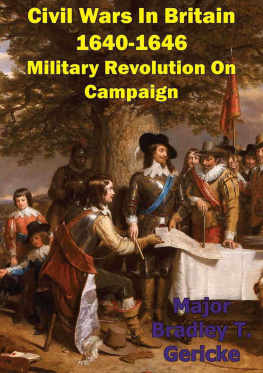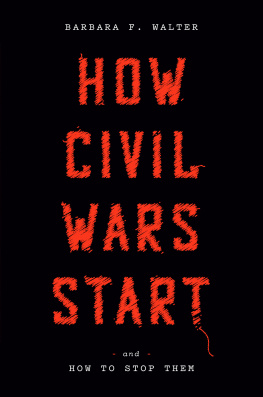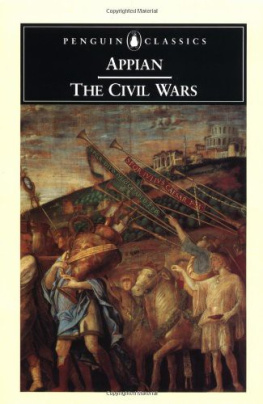
SAGE was founded in 1965 by Sara Miller McCune to support the dissemination of usable knowledge by publishing innovative and high-quality research and teaching content. Today, we publish more than 850 journals, including those of more than 300 learned societies, more than 800 new books per year, and a growing range of library products including archives, data, case studies, reports, and video. SAGE remains majority-owned by our founder, and after Saras lifetime will become owned by a charitable trust that secures our continued independence.
Los Angeles | London | New Delhi | Singapore | Washington DC
Copyright 2016 by CQ Press, an imprint of SAGE. CQ Press is a registered trademark of Congressional Quarterly Inc.
All rights reserved. No part of this book may be reproduced or utilized in any form or by any means, electronic or mechanical, including photocopying, recording, or by any information storage and retrieval system, without permission in writing from the publisher.
FOR INFORMATION:
CQ Press
SAGE Publications, Inc.
2455 Teller Road
Thousand Oaks, California 91320
E-mail: order@sagepub.com
SAGE Publications Ltd.
1 Olivers Yard
55 City Road
London, EC1Y 1SP
United Kingdom
SAGE Publications India Pvt. Ltd.
B 1/I 1 Mohan Cooperative Industrial Area
Mathura Road, New Delhi 110 044
India
SAGE Publications Asia-Pacific Pte. Ltd.
3 Church Street
#10-04 Samsung Hub
Singapore 049483
Editorial Assistant: Jordan Enobakhare
Developmental Editor: Carole Maurer
Production Editor: Tracy Buyan
Copy Editor: Pam Schroeder
Typesetter: Hurix Systems Pvt. Ltd.
Proofreader: Lawrence W. Baker
Indexer: Sylvia Coates
Cover Designer: Rose Storey
Marketing Manager: Teri Williams
Printed in the United States of America.
ISBN 978-0-8728-9775-5
15 16 17 18 19 10 9 8 7 6 5 4 3 2 1
Acknowledgments
This work was started with the support and encouragement of J. David Singer, and we mourn that he did not live to see its completion. Singers vision and commitment to the quantitative study of war created the Correlates of War Project (COW), which is now one of the most influential and enduring data-gathering projects in world politics. Singer and Melvin Small, the original project historian, established a framework and coding rules for the study of war that has guided the COW Project and much of the wider scholarship about war for more than fifty years. Singer was a rare academic who valued equally his research, his teaching, and his political activism. His eagerness to mentor students and colleagues brought an eclectic group of scholars into the fold of the COW community, and the expansion of the project, and its prodigious output, would not have been possible without the enthusiasm and tremendous teamwork of this group. The entire COW Project is also indebted to Phil Schafer, whose relentless data gathering has formed the bases of numerous data sets. COWs survival and continued existence are also due in great measure to the leadership of its subsequent directors, Stuart Bremer, Scott Bennett, Paul Diehl, and Zeev Maoz, the current COW director.
David Singer and Mel Small were the authors of the first two COW war handbooks (The Wages of War and Resort to Arms), while the third, Resort to War, was written by Meredith Reid Sarkees and Frank Whelon Wayman. This book constitutes the fourth in the sequence. It also is being published as part of the Correlates of War book series established by CQ Press. CQ Press staff Andrea Pedolsky, Editorial Director, and Doug Goldenberg-Hart, Senior Acquisitions Editor, originally helped us frame this work and provided encouragement in working toward its completion. Similarly, the book would not have been finished without the patience and flexibility of James Brace-Thompson, previously Executive Editor of SAGE Reference, and Carole Maurer, Senior Developmental Editor, who gently prodded and cajoled us to stop researching and begin writing.
In addition to our collective gratitude to the COW community and to SAGE, each of us, as coauthors, wants to express our thanks to those who have helped us individually in this endeavor. Jeffrey Dixon would like to acknowledge the contributions of research assistants Breann Crane (for work on Latin America), Tara Braas Passini (for work on a few wars in the Middle East), and Kevin Tomaszewski (for citations, formatting, and helpful assistance on some cases in the Middle East and Asia/Oceania). During the early stages of the project, the support of Richard Stoll was essential, and some of the earliest Spanish-language data on Latin American civil wars was gathered by Rosa Sandoval-Bustos, with funding from the National Science Foundation. Katharine Dixon provided patient support throughout most of the project. Finally, we would like to thank coauthor Meredith Sarkees for her guidance early in the project and attention to detail during the writing process.
Meredith Reid Sarkees especially is indebted to and grateful for the dedicated research assistance of Jon Kotaska, who was so skilled at tracking down sources and information concerning some of the more obscure wars. Invaluable research assistance also was provided by Amy Frame, Christine Sarkees, Kerrie Sarkees, Carol Reid, and John R. Sarkees. Lois P. Reid and John R. Sarkees provided much-needed and appreciated editing assistance. Meredith also would like to thank Gediminas Vitkus for his insightful and thought-provoking discussions of the coding of the Forest Brethren war and for his willingness to share his own research on the topic. His research was also key in the coding of the war in Ukraine. Similarly, Meredith is grateful for the assistance of Jorge A. Restrepo in alerting her to the data-gathering efforts of CERAC, and for compiling summary Colombian fatality data. The history of the COW project was significantly improved by the comments and suggestions of Zeev Moaz, Paul Diehl, James Lee Ray, and Richard Stoll, and our exchanges brought back many fond memories of David Singer. Throughout this long endeavor, David Singer and Diane Macaulay epitomized graceful hosts as they provided Meredith with a welcoming place to stay during her visits to Ann Arbor to peruse the University of Michigan archives. Their counsel and encouragement did much to restore her soul. Meredith will never be able to adequately thank them for their influence on her life. Most importantly, Meredith is eternally grateful to John R. Sarkees, who truly understands the magnitude of effort that this book has entailed. He bore the many costs of this work with grace and an optimism that it would one day be finished. Finally, Meredith would like to thank Jeff Dixon, whose stalwartness, meticulous adherence to coding rules, and dedication to this project are the keys to its success.




